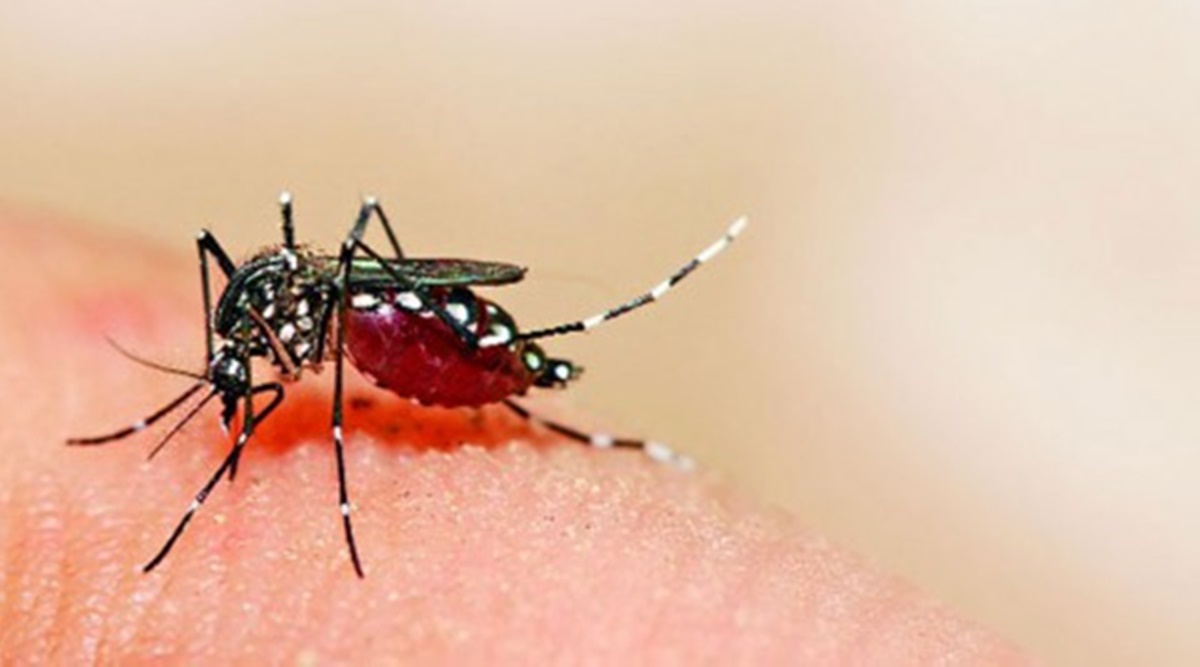 Currently, 27 SSHs (Dengue Testing Labs) are presently functional in the state. (Representational)
Currently, 27 SSHs (Dengue Testing Labs) are presently functional in the state. (Representational)Haryana has launched a free single donor platelets (SDP) facility for dengue patients across the state. The health department on Saturday said it has become the first state in the northern region to launch such a facility. The dengue test, in Haryana, is being done free of cost in government laboratories.
Additional Chief Secretary (Health) Rajeev Arora said, “There has been a decreasing trend of dengue in the state since 2017 and so far only 33 confirmed dengue cases have been reported in the state in September. The cases have been reported from mainly two districts — Gurugram (20) and Bhiwani (10). With an aim to prevent mortality due to dengue, new initiative i.e. the provision of free Single Donor Platelets (SDP), has been made for dengue patients admitted in government hospitals as a few dengue patients with severe thrombocytopenia require SDP for immediate recovery.”
Arora added, “In previous years, Rs 8,500 per unit SDP was being charged in government hospitals. However, in the northern region, Haryana is the first state to start free Single Donor Platelets (SDP) facility for dengue patients. At present, SDP facility (Platelets Apheresis Machine) is available in Gurugram, Panchkula, Karnal, Rohtak and Sonipat.”
Currently, 27 SSHs (Dengue Testing Labs) are presently functional in the state. “Dengue sampling has also started at flu corners in Bhiwani and Rohtak as most cases are reported from these districts. Health department has ensured best medical facilities and adequate number of testing kits (both IgM and NSI) are available in all SSHs. Also, about 1,158 tests have been conducted in the state by the first week of September apart from identifying dedicated beds for dengue patients. Mosquito proofing of wards and beds is also being done in civil hospitals,” Arora added.
Sprucing up the facilities further for strengthening of entomological surveillance and vector control activities, Haryana, has also set up two entomological zones in Nuh and Yamunanagar districts. Two more entomological zones are being set up in Rohtak and Hisar. “Under these zones, one post of entomologist and two posts of insect collector have been provided. This staff will conduct entomological studies which will help in deciding appropriate vector control measures,” Arora said.
Talking about the state’s arrangements to curtail dengue spread, Arora said, “For the strengthening of source reduction activities (identification of mosquito breeding sites), about 280 Domestic Breeding Checkers (DBCs) have been deployed. Weekly anti-larval activities are being done and Temephos larvicide is applied wherever required. Distribution of about 4.86 lakhs LLINs (insecticidal bednets) has been completed in all identified high risk villages. To ensure proper use of LLINs announcement from temples/mosques is done at local sleeping time to alert public to go inside nets. Fogging is also being done immediately after reporting of any confirmed case of dengue or other VBDs and also depending upon vector density. Other departments is also being involved for proper water management. At least one inter-sectoral meeting has been convened in all districts under the chairmanship of respective deputy commissioner.”
Arora also appealed to the general public to take up household level activities to prevent mosquito breeding. “For instance, every Sunday should be considered as drying day — emptying of water containers and check other probable mosquito breeding sites like cooler, overhead tanks, drum, discarded utensils, cups, bottles, tyres, pots, fridge tray etc., wear full sleeve clothes and use mosquito repellents,” he said.